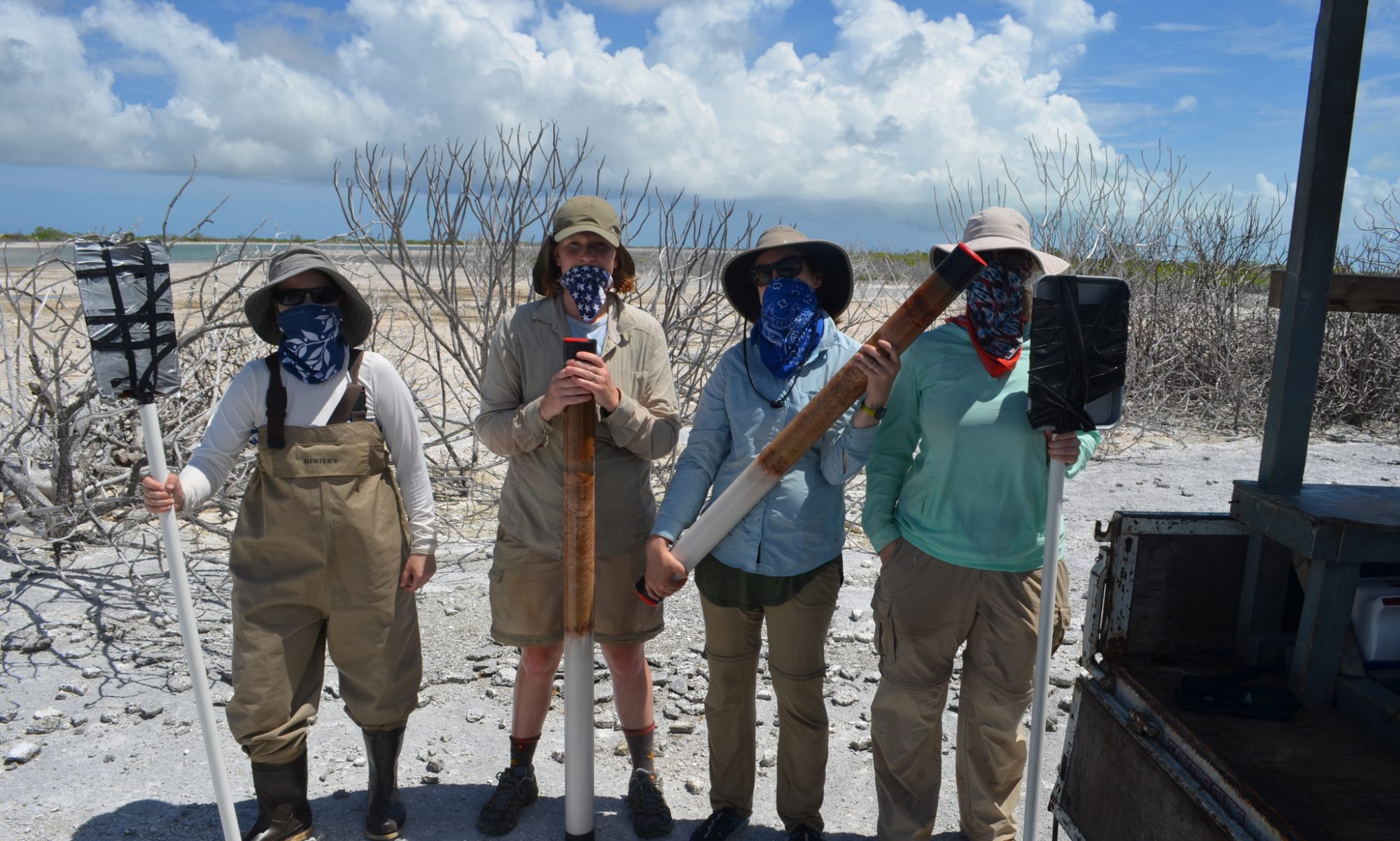GEOL 100: Planet Earth (Spring 2014, 2016, 2017, 2019, 2021)
Introduces non-science majors to physical aspects (earthquakes, volcanoes, floods, tsunamis, mountains, plate tectonics) and historical aspects (formation of earth and life, dinosaurs, ice age, evolution of climate) in earth science. Presents information on earth resources, natural hazards, and development of natural landscapes. Focuses on humanistic issues; provides context for understanding environmental change.
GEOL 484/IB 484: Paleoclimatology (Fall 2014 (as Geol 497), Fall 2016, 2018, 2020)
Survey of Earth’s past climate variability, ranging from million-year to interannual time scales. Focus on the drivers of climate change, major modes of climate variability, and how paleoclimate data can inform projections of future climate change.
GEOL 593 Paleolimnology (Spring 2015, Fall 2017)
This course explores lakes as archives of climate and environmental change. Topics include an introduction to the physical, chemical, and biological properties of lakes, sedimentological, geochemical, and paleoecological indicators, and chronology development.
GEOL 593 Paleoclimate Data-Model Comparisons (Spring 2018)
Co-taught with Dr. Christina Karamperidou at the University of Hawaii. This course trains a cohort of geology and atmospheric science students to run a climate model and integrate paleoclimate data and climate model output to investigate climate-driven research questions.
